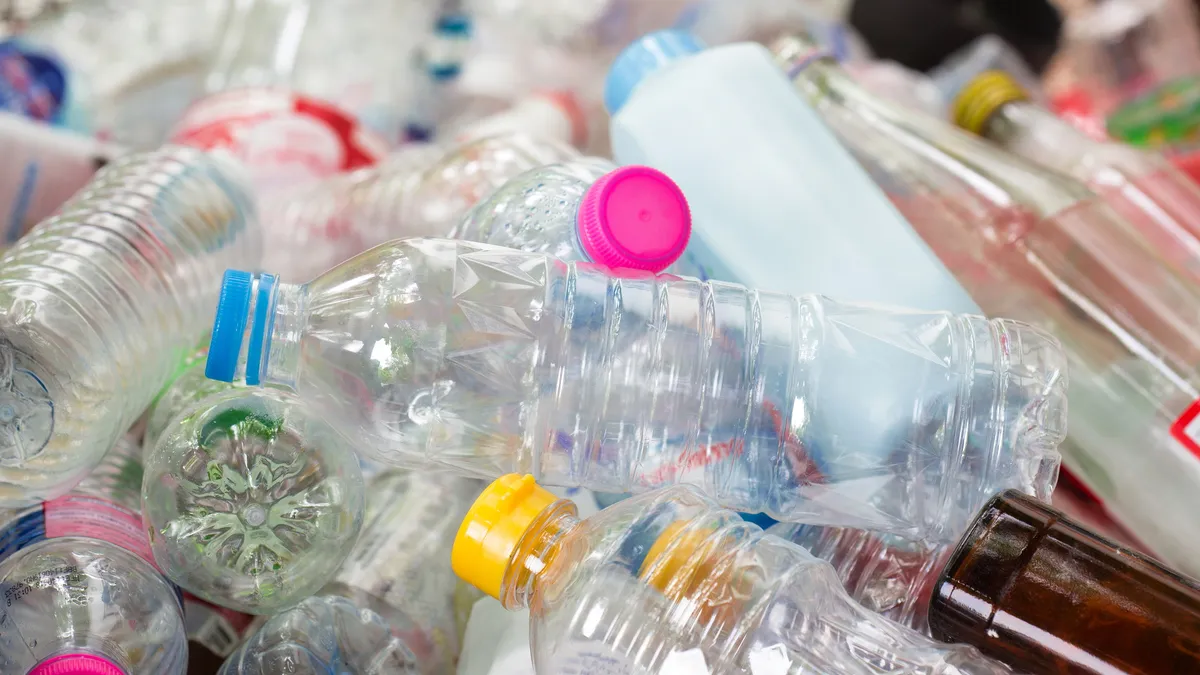A class-action lawsuit has been filed in multiple states against several major corporations and organizations accused of misleading consumers about the recyclability of plastic products. This legal action underscores the growing concerns surrounding environmental sustainability and corporate accountability in the face of rampant plastic pollution, which has become a pressing global issue. As public awareness of environmental challenges increases, this lawsuit represents a significant step in holding companies accountable for their environmental claims.
The lawsuit alleges that many companies have engaged in deceptive marketing practices by promoting their plastic products as recyclable, while failing to disclose the low rates of actual recycling in practice. For years, consumers have been led to believe that their plastic waste would be effectively processed and transformed into new products. However, evidence indicates that a large proportion of plastic waste ends up in landfills or, worse, in the oceans, contributing to the growing plastic pollution crisis that threatens marine life and ecosystems.
Plaintiffs in this lawsuit argue that these misleading claims constitute false advertising and consumer fraud. They assert that consumers have made purchasing decisions based on the belief that the plastic products they buy can be recycled, only to find that the reality is far different. The lawsuit seeks financial damages for consumers who feel misled by these marketing claims and demands that the companies adopt more transparent and responsible practices regarding the production, disposal, and recycling of plastic materials.
The implications of this lawsuit extend beyond individual consumers; they highlight a larger issue within the plastic industry and its environmental impact. According to environmental experts, the production of plastic has surged over the past few decades, leading to a crisis where the world is inundated with plastic waste. The current recycling infrastructure is often inadequate, with only a small percentage of plastic being effectively recycled. Many plastic products are labeled with recycling symbols that create a false sense of security, leading consumers to believe that recycling is a straightforward solution to plastic waste.
This class-action lawsuit has garnered significant media attention, sparking discussions about corporate responsibility and the need for regulatory reforms in the plastic industry. Advocacy groups are using this moment to push for stronger regulations that hold companies accountable for their environmental claims. Activists argue that companies should be required to disclose the actual recyclability of their products and to invest in more sustainable materials and practices.
As the case progresses, it could set a precedent for other lawsuits aimed at holding corporations accountable for misleading environmental claims. Legal experts suggest that if the plaintiffs succeed, it may encourage more consumers to take action against companies that engage in deceptive practices, ultimately leading to greater corporate transparency and responsibility in environmental matters.
The lawsuit also raises questions about the future of plastic production and consumption. With growing awareness of the environmental consequences of plastic waste, many consumers are seeking alternatives to single-use plastics and advocating for more sustainable practices. Companies may need to rethink their product designs, materials, and marketing strategies to align with the changing expectations of environmentally conscious consumers.
In conclusion, the class-action lawsuit over plastic recycling highlights the urgent need for accountability in the plastic industry. As public awareness of environmental issues grows, companies will face increasing pressure to demonstrate genuine commitment to sustainability. This legal challenge not only seeks justice for misled consumers but also aims to spark a broader conversation about the role of corporations in addressing the plastic pollution crisis and promoting a more sustainable future.



